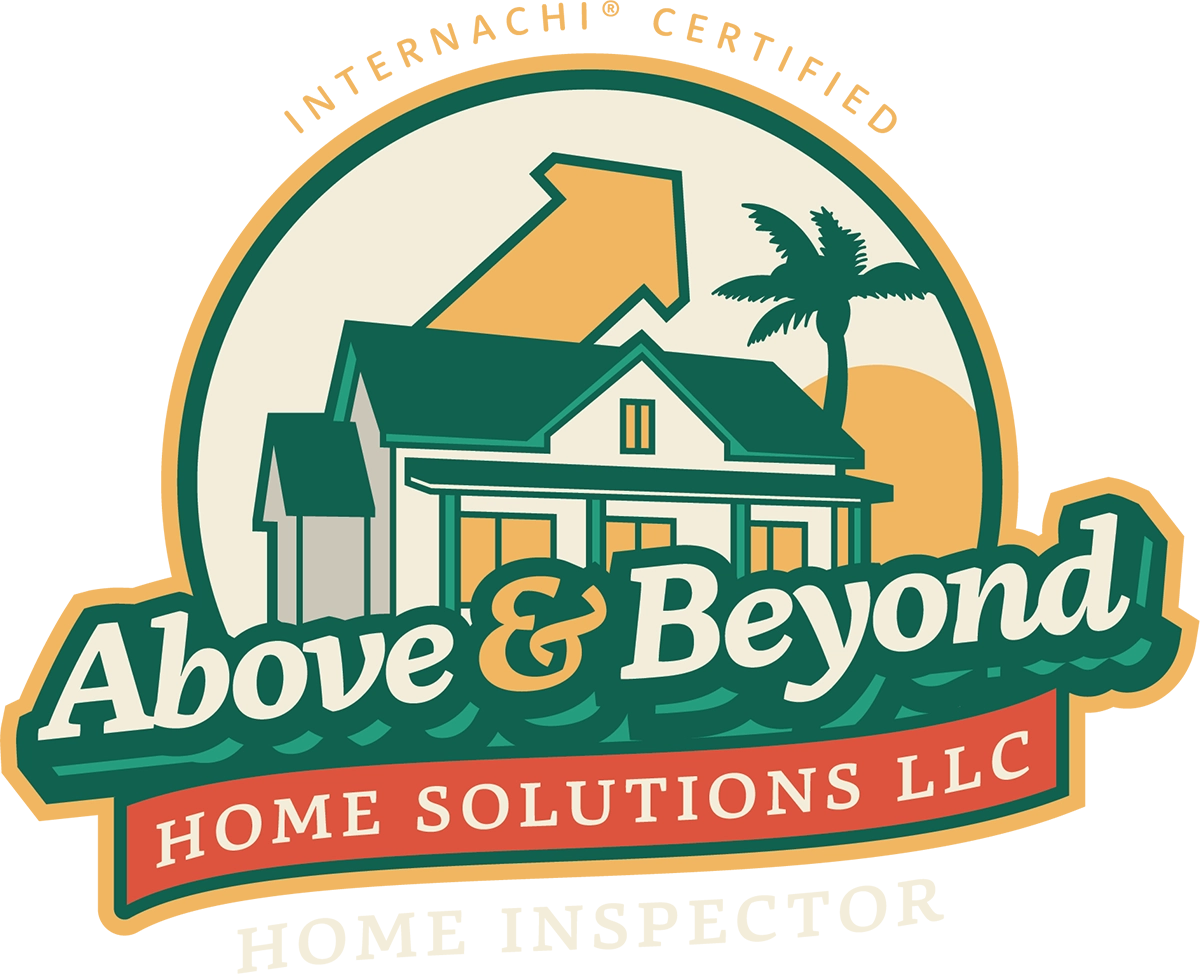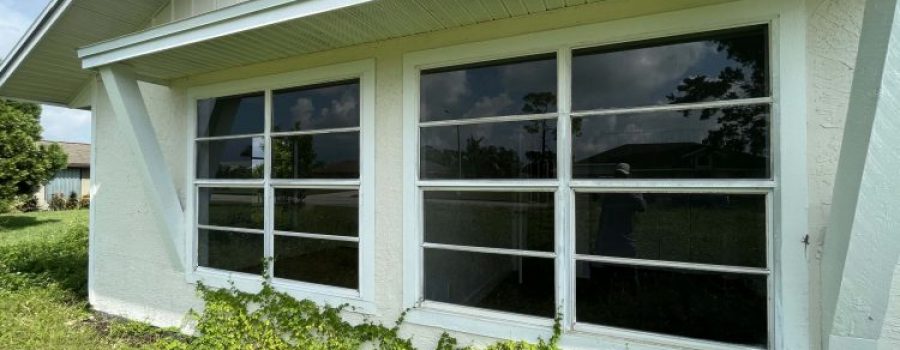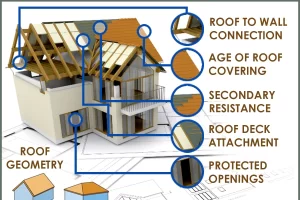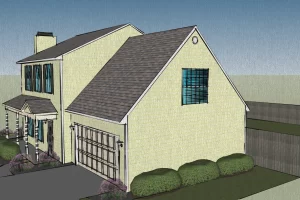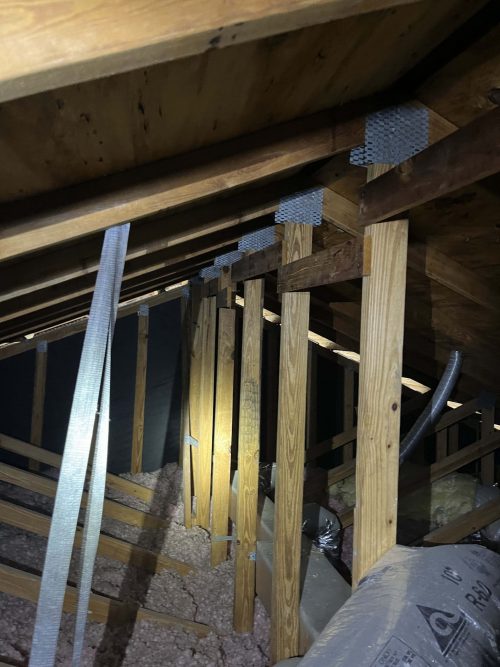
In house inspections, where every crevice must be examined, the urgency of determining a building’s structural soundness sometimes overrides the significance of work safety for home inspectors. However, when they explore the tucked-away areas of houses and properties, home inspectors must negotiate a terrain teeming with visible and invisible risks. The dangers this line of work involves are many, ranging from shaky attics to mold-filled basements. In this article, we explore role that job safety plays in protecting home inspectors’ health and ensuring that the houses they check are not just physically sound but also safe havens for future residents. Let’s examine the difficulties, solutions, and unrelenting dedication to protecting lives.
Hazards Faced by Home Inspectors
Structural Hazards
Crawl spaces, attics, and basements are frequent destinations for home inspectors where potential structural problems might be found. Weak foundations, rotten timber, and shaky flooring are potential concerns. Accidents caused by falling objects or collapsing buildings may result from these structural problems.
Electrical Hazards
Assessing a property’s electrical system is part of the inspection process. Live wires, broken circuits, and obsolete electrical panels are things that home inspectors could run across. Electrical shocks or fires may occur as a consequence of unintentional contact with live electrical components.
Mold and Air Quality
For inspectors, poor indoor air quality might be dangerous. Significant health concerns may be posed by airborne pollutants including mold and asbestos. Long-term respiratory troubles and health concerns might result from inhaling mold spores or asbestos fibers.
Pest Infestations
Termite, rodent, and insect infestations are common sights for home inspectors. These pests may spread illness and wreak havoc on public health. Without the right protection, handling or coming into contact with pests may result in bites, stings, or allergic responses.
Chemical Exposure
Chemicals such as lead-based paint, asbestos insulation, and volatile organic compounds (VOCs) from paints and solvents may be found by home inspectors. Without sufficient protection, prolonged exposure to these compounds might cause poisoning, respiratory difficulties, or other health concerns.
The Importance of Work Safety for Home Inspectors
Personal Safety
Home inspectors may protect themselves from imminent physical injury by prioritizing workplace safety. Inspectors greatly lower the danger of mishaps, falls, and permanently crippling injuries by painstakingly identifying and minimizing possible risks. The foundation of a successful and long-lasting career in house inspection is this proactive commitment to preserving personal well-being.
Long-term Health
Liability
Maintaining a safe workplace is essential for the long-term health and vigor of house inspectors as well as being a short-term need. Exposure to sneaky dangers like mold, asbestos, and toxic chemicals may cause sneaky chronic health issues that may not show up right away but can ultimately jeopardize an inspector’s wellbeing. Inspectors may significantly lower their chance of getting these potentially fatal health conditions by regularly wearing protective gear, following strict safety procedures, and being watchful against concealed hazards.
In the realm of house inspection, neglecting to prioritize safety might prove to be a risky bet with possibly disastrous legal repercussions. An inspector may legitimately hold the property owner or employer liable for negligence if they experience an injury while doing their duties as a result of dangerous circumstances or unintentional exposure to hazardous chemicals. Inspectors create an environment of trust and dependability by diligently following specified safety rules and procedures. By doing so, they protect not only themselves from danger but also their clients from any legal issues.
Professional Reputation
The hallmark of a diligent inspector and a potent tool for boosting one’s professional image is a safe and responsible approach to house inspection. Customers are naturally attracted to inspectors who continuously put safety first and are more inclined to trust them. A true concern for the safety of customers and the properties they are contemplating investing in can be shown in such a dedication to safety, which also exhibits expertise, attentiveness, and painstaking attention to detail. As a result, inspectors enhance their standing as reliable subject-matter experts by raising their professional standards and placing a strong emphasis on safety.
Client Satisfaction
The total customer experience is greatly impacted by ensuring a safe and secure inspection procedure, beyond only the safety of the inspector. Clients seeking assurance and a thorough assessment of a prospective property will sincerely appreciate the diligence and expertise of an inspector who anticipates possible dangers during the examination and skillfully tackles them. This dedication to safety not only protects the client’s interests but also increases their happiness, creating a favorable and long-lasting image of the inspector’s services and knowledge.
Setting the Gold Standard for Work Safety: Above and Beyond Home Solutions
By only employing qualified and licensed specialists who are intimately familiar with the nuances of house inspections, Above and Beyond home Solutions, LLC maintains the highest standards for work safety for home inspectors. Our stringent recruiting procedures guarantee that inspectors have completed thorough training and possess current licenses, confirming their professionalism and expertise. This dedication assures the inspectors a safer work environment in addition to the quality and accuracy of their inspections.
Above and Beyond Home Solutions, LLC sets the standard for professionalism and safety in the home inspection business with a team of experienced specialists who are knowledgeable about industry best practices, safety standards, and local laws. In addition to safeguarding our cherished inspectors, our commitment to maintaining a secure work environment has helped them build an enviable reputation for dependability, thoroughness, and customer satisfaction in the real estate industry.
Conclusion
Safety is a must in the realm of house inspections; it is not a choice. For their well-being, long-term health, and professional reputation, home inspectors must prioritize workplace safety since they are exposed to a variety of risks, including environmental toxins and structural concerns. Home inspectors safeguard themselves and help to make the real estate market safer and more open by identifying and reducing possible dangers. Safety is not only a best practice in our field; it is a basic commitment to quality and caring.
